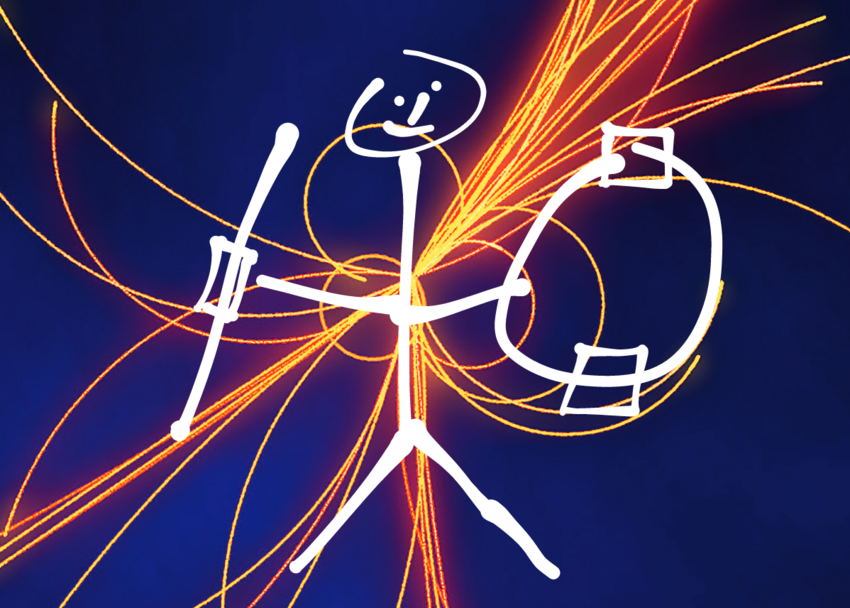When it comes to high energies, the LHC is the undisputed front-runner among particle accelerators — here protons smash into protons at nearly the speed of light. However, the impact of the collision generates a real scrap heap of new particles; the analysis of these collision products is extremely laborious and time-consuming.
Significantly more precise results can be achieved by crashing together electrons and their antiparticles, the positrons. The matter and antimatter particles annihilate each other and are converted into energy. Out of that, new particles emerge. Collisions between electrons and positrons produce only minimal particle “waste” — in contrast to the proton-proton collisions used by the LHC.
As a consequence, unexpected events can be evaluated more easily and precisely. At the workshop, international experts will discuss the conceptual and technical possibilities for the electron-positron accelerators of the future — also as the basis for a pan-European strategy that is to be formulated by 2018.
Contact:
Prof. Siegfried Bethke
Max Planck Institute for Physics
+49 32354-305
bethke@mpp.mpg.de
